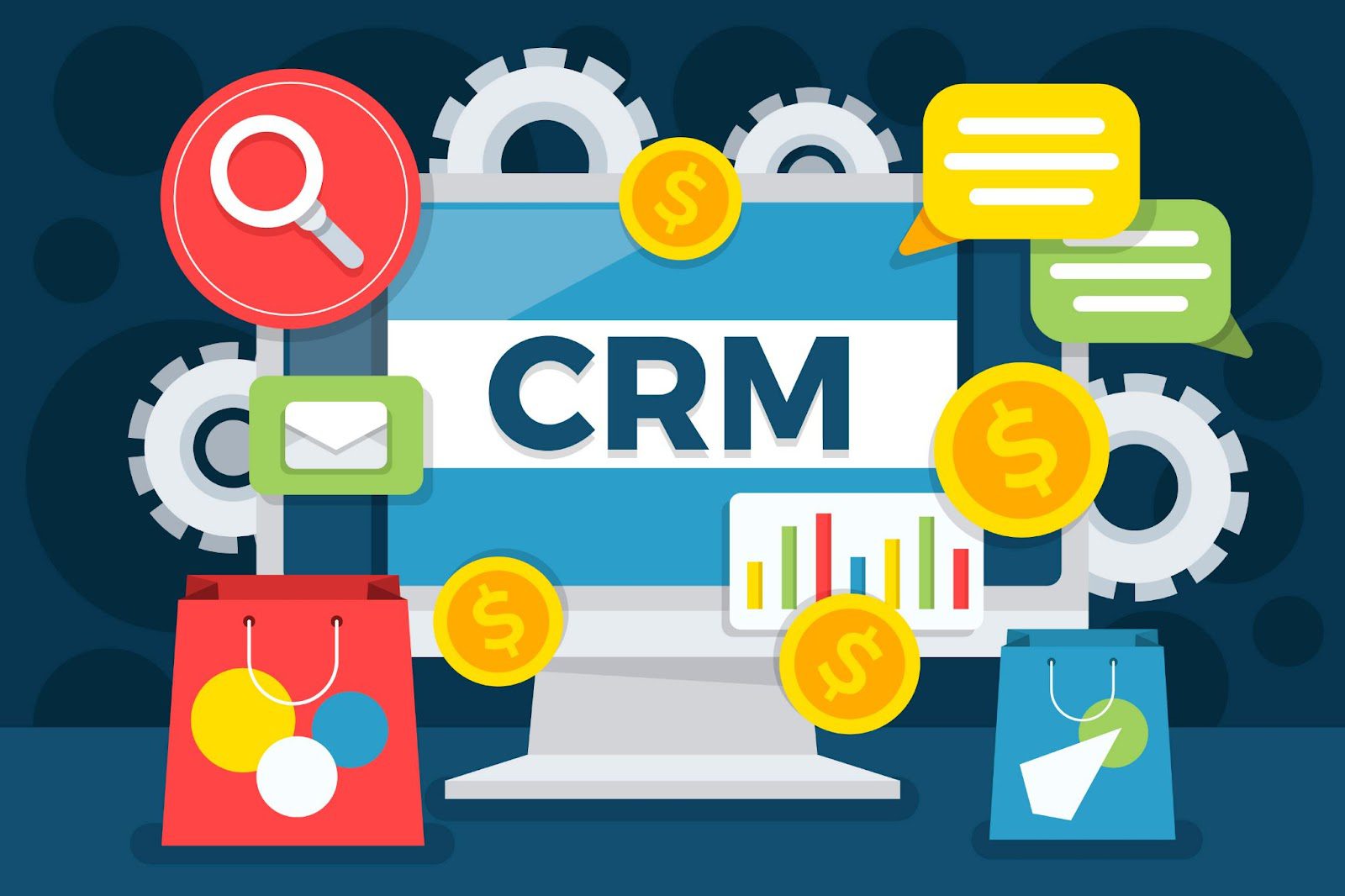The fast-paced digital environment of today has changed consumer expectations. People no longer accept slow responses or generic answers or delayed help. Rather, they want quick, tailored, and powerful service. Businesses are looking to CRM integration for customer care as a critical solution to satisfy these new needs.
Businesses can lower response times, boost agent productivity, and offer first-rate service by tying Customer Relationship Management systems with support solutions. But just exactly how does it work? let’s investigate.

The Important Role CRM Integration Plays in Customer Support
Names, contacts, purchase behaviour, conversations, preferences, and more are all contained in a CRM system—that is, comprehensive customer data. Integration of this abundance of data into your customer care technologies makes it immediately available to help agents.
Agents no longer have to repeatedly probe or alternate between several systems. Rather, they obtain a whole picture of the customer’s path, which enables them to provide prompt and well-informed answers. This enhances the whole experience, not only increases speed.
CRM integration essentially builds a flawless link between systems, departments, and communications.
Read More: Cloud Based Customer Support
Main Advantages of CRM integration for client support
Faster response times
Support agents can fix problems far more quickly when they have complete client profiles and historical interaction access. Time is lost wondering about questions the business already knows the solutions for.
Individualized encounters
Customers want not to feel like a ticket number. Customized responses, product recommendations, and assistance based on personal client preferences are made possible by CRM data helping agents.
Consistency Over Media
Agents observe all past interactions from one perspective whether a consumer contacts them via email, phone, or social media. This guarantees constant support independent of the platform.
Improved Team Work
Not only support but also sales, marketing, and product teams are included into CRM tools. Everyone keeps in time, which improves internal communication by means of smoother flow.
Effective CRM Tools Improving Support
Bullet points will be included just under this header and below.
Unified Customer Profiles:
- On one screen all pertinent information is shown.
- Automated Workflows: CRM can handle follow-up and ticket assignments among other repeated chores.
- Agents keep on top of updates to guarantee that no communication is missed—real-time notifications.
- Advanced analytics: insights support agent performance and client satisfaction enhancement.
- Strategic Use Cases of CRM Integration in Support: Should a product fail or delivery be delayed, CRM tools can alert support to get in first.
- High-value clients get VIP service or specialised support lines.
When behaviour points to discontent, CRM might set off follow-up or retention initiatives.
How Personalized CRM Gets Beyond the Minimum Requirements
Personalising isn’t only applying a customer’s name. By means of CRM data, companies can customise:
- Messaging grounded in browsing or purchasing behaviour
- Solutions connected to past purchase behaviour
- Designed for anniversaries or subscription renewals
- Answers reflecting past problems or preferences
Customers are shown by this degree of personalising that they are really understood, which fosters loyalty.
Actual Case Study: CRM Integration in Use
Imagine a client called Ahmed calls your support centre complaining about a broken item. The agent gets Ahmed’s purchase information, warranty status, and past comments right away when CRM is integrated.
Rather than beginning from nothing, the agent notes the problem, details the next actions, and provides a discount—all in minutes. Ahmed feels valuable and gets quick, pertinent help. That kind of experience is what draws clients back time and again.
Using CRM Integration: Guidelines for Best Practices
Success is guaranteed only by strategic implementation. Start by selecting CRM tools fit for your supporting system.
- Teaching your employees to make complete use of integrated capabilities
- routinely updating consumer information for correctness
- Monitoring KPIs including retention rates, CSAT, and resolution times
Approach integration as a long-term improvement rather than a repair only. It’s about constructing a more human, intelligent support network.
Difficulties and Their Management Strategies
Adopting CRM integration has some challenges. Here’s how to negotiate these:
System Compatibility: Select tools with native integration or utilise middleware for seamless syncing. More valuable than volume is clean, pertinent, current data.To help to flatten the learning curve, give explicit instruction and continuous support.
These solutions can become stepping stones towards improved service if one approaches them patiently and strategically.
Learn more about other contact center solutions services
Conclusion
Companies that want to stand out in the customer-centric market of today have to provide effective, customised service beyond just decent support. There is where CRM integration for customer assistance really shines. It links systems, information, and people in a way that improves every client contact.
Including CRM into your support process will help you achieve faster responses, stronger loyalty, and long-term success regardless of your level of experience or quick scale-up.



